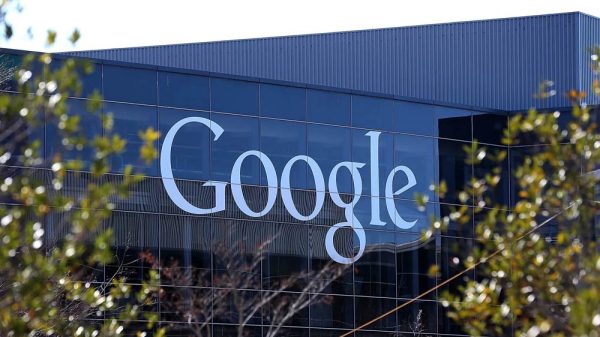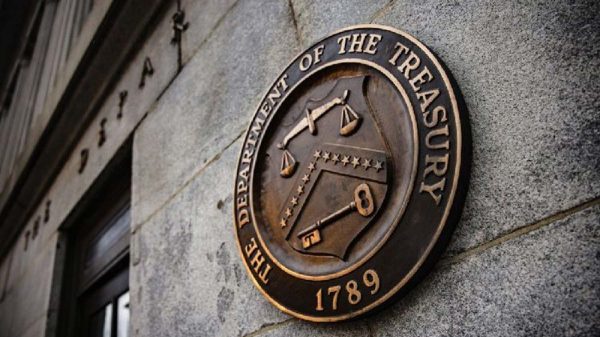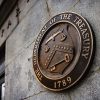Hong Kong’s Hang Seng Index rose over 6% on Wednesday, marking a sixth consecutive day of gains and reaching a 22-month high at 21,133.68. This rally was driven by optimism surrounding Beijing’s recent stimulus measures, which have bolstered investor confidence. Property developers China Vanke, Logan Group, and Longfor Group led the surge, with increases of up to 61%, 30%, and 24%, respectively.
Mainland China and Stimulus Measures
Major cities in mainland China introduced easing measures to boost homebuyer confidence over the weekend, further fueling market optimism. Despite the markets in mainland China being closed for the Golden Week holiday, last week’s announcement of stimulus measures, including interest-rate cuts, continued to impact positively.
James Sullivan of JPMorgan expressed caution, emphasizing the focus of the stimulus on supply and investment rather than consumer demand.
Mixed Performance Across Asia
Elsewhere in Asia, markets experienced varied results. Australia’s S&P/ASX 200 fell slightly by 0.13%, South Korea’s Kospi dropped 1.22%, and Japan’s Nikkei 225 decreased by 2.18%. The appointment of Japan’s new Prime Minister, Shigeru Ishiba, and his potential impact on the Bank of Japan’s interest rate policies were closely watched by investors.
South Korea’s Economic Indicators
In South Korea, traders assessed consumer inflation data showing a 1.6% year-on-year increase in September, cooler than expected. The country’s factory activity contracted at the fastest pace in 15 months, with the purchasing managers’ index for manufacturers dropping to 48.3 in September.
Middle East Tensions Impact Global Markets
The geopolitical situation in the Middle East also influenced market sentiment. Tensions escalated as Iran fired ballistic missiles at Israel, leading to a rise in oil prices and the CBOE Volatility Index. Economist Stephen Roach warned of potential inflationary pressures and market volatility stemming from the conflict.
Looking Ahead
U.S. investors are awaiting the September jobs report, with concerns about slowing job creation and rising unemployment potentially adding to market uncertainty.











